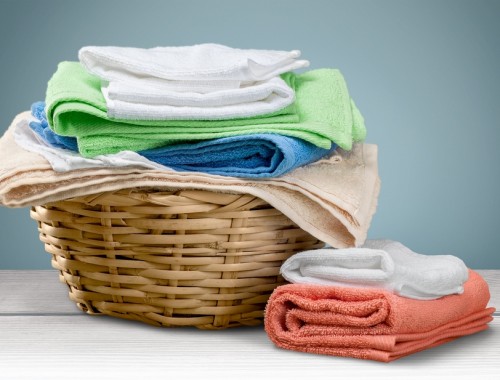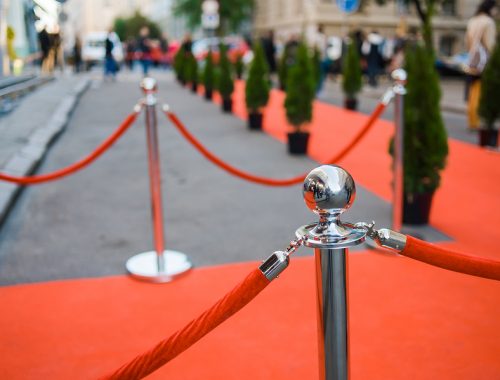What is a luxury? Louis Vuitton, of course. And silk pajamas. A suite at the Four Seasons. Truffles are at the top of my list. This is fun. I like this game. But what about less obvious facets of life like health and education? Are sport and play a luxury? Life skills? Are the notions of co-operation, teamwork and fairness luxuries too?
When we think of what ‘should be’ important in less fortunate countries, Canadians think of the ‘biggies’. We wince at photos of malnourished mothers trying to nurse, children with guns and sexual violence. We project our values onto other societies. When asked what should be the most important focus for these nations in a 2012 Ipsos Reid survey*, Canadians came up with these top four:
1. Healthcare (36%)
2. Conflict-free environment (24 %)
3. Education (23%)
4. Gender equality (7%).
(I’ll hold out comment on gender equality coming in at 7%.)
But what if there were a magical bean that could work towards resolving all of these big issues?
When our Canadian infants are young we are instructed to engage in ‘floor time’, playing blocks and puzzles with our little ones. We trundle to the soccer fields in the rain and learn hopscotch. How did you first learn about sharing? A play-date where little Tommy wanted your Star Wars lego, right? And what about gender equality? I bet it was when Molly smucked you at checkers. Canadian parents know innately the importance of play to our society and the development of our kids. We are fortunate to not have to worry about war, water, disease and education. But only 5 per cent of parents see access to play as the most important factor for children in developing countries.
Play should be a luxury for no one.
In Canada we feel that sports help keep kids healthy and (more importantly!) out of trouble. Children learn teamwork, gender equality and meet people from other places and backgrounds. (Remember that hunky guy from the other city’s basketball team?) Our kids set goals (which often mean that we get up at 4am to get to the hockey rink or pool), they learn how to concentrate, co-operate and properly channel aggression.
According to the survey results:
“When it comes to skills learned from sports that respondents used to help them with their education, responses included that skills acquired from sports taught them determination, leadership abilities, how to be a part of a team, how to balance play and school, drive, and discipline.” (excerpt from Right To Play Global Youth Summit survey results)
This is what Leveling The Field with Right To Play is about. According to the Canadian Council on Learning, play nourishes every aspect of children’s development – it forms the foundation of intellectual, social, physical, and emotional skills necessary for success in school and in life. Play paves the way for learning.
Shouldn’t kids in West Africa have the same opportunities that Canadian kids do? If we can touch the areas of education, conflict, health and (lastly) gender equality through sport and play just think of the possibilities.
Not a tough magic bean to swallow.
*This survey is based on a sample of 1015 respondents commissioned by Right To Play and conducted by Ipsos Reid during September 17 – 24, 2012. The results of the survey have a credibility interval of +/- 3.5 percentage points of all Canadians.


